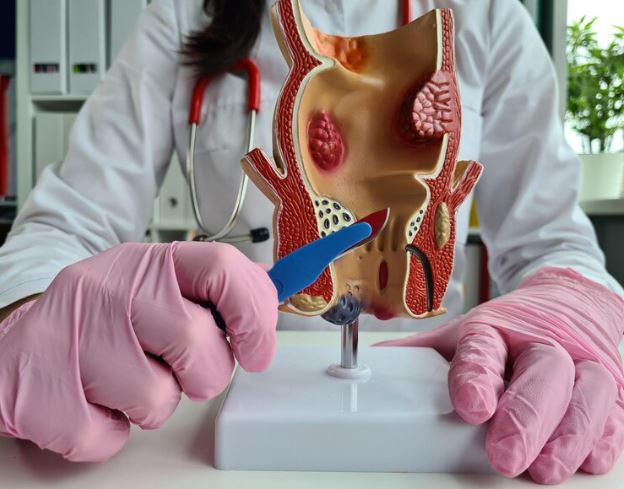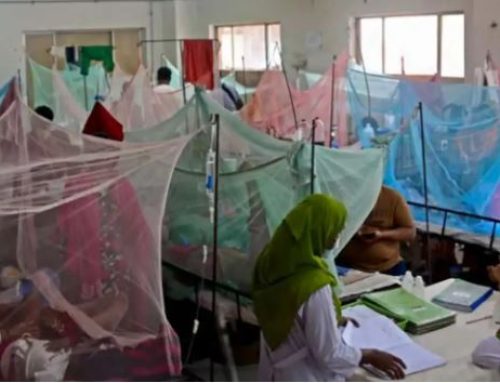Project Description
Author: Arif et al.
Summary:
Colorectal cancer is the third most prevalent cancer globally and the second leading cause of cancer-related fatalities. Although precise country-specific statistics are unavailable, there is a noticeable rise in rectal carcinoma cases in our region. Unfortunately, a majority of patients receive diagnoses at an advanced stage. This study aimed to evaluate the demographic and clinicopathological characteristics of patients diagnosed with locally advanced rectal carcinoma in Bangladesh.
This cross-sectional study was conducted at the Department of Oncology, Delta Hospital Limited (DHL), Mirpur, Dhaka, spanning from November 2021 to October 2022. The study enrolled a total of 35 patients diagnosed with stages II-III locally advanced rectal carcinoma. Prior to inclusion, informed written consent was obtained from each participant. Statistical analysis was performed using SPSS v-21. The study adhered to the principles of the Declaration of Helsinki.
The study highlighted a younger patient demographic, with an average age of 44.8±10.69 (SD) years, and a male predominance (54.3%). A significant proportion of patients (71.4%) presented with advanced disease (AJCC stage III). Lifestyle risk factors such as sedentary behavior (77.1%) and high-calorie diets (60%) were prevalent. Notably, 28.6% of patients had diabetes mellitus, while 17.1% had a family history of rectal carcinoma. The most commonly reported clinical presentations included anemia (82.9%) and rectal bleeding (62.9%). Younger patients (≤ 40 years) exhibited a greater inclination towards advanced disease stages compared to older patients (p<.05).
Conclusion: The study illustrates a concerning trend of rectal carcinoma presenting at advanced stages among younger patients in Bangladesh. This underscores the urgency for targeted public health interventions and revised screening strategies.
Status: Ongoing
Full text link: Not available



